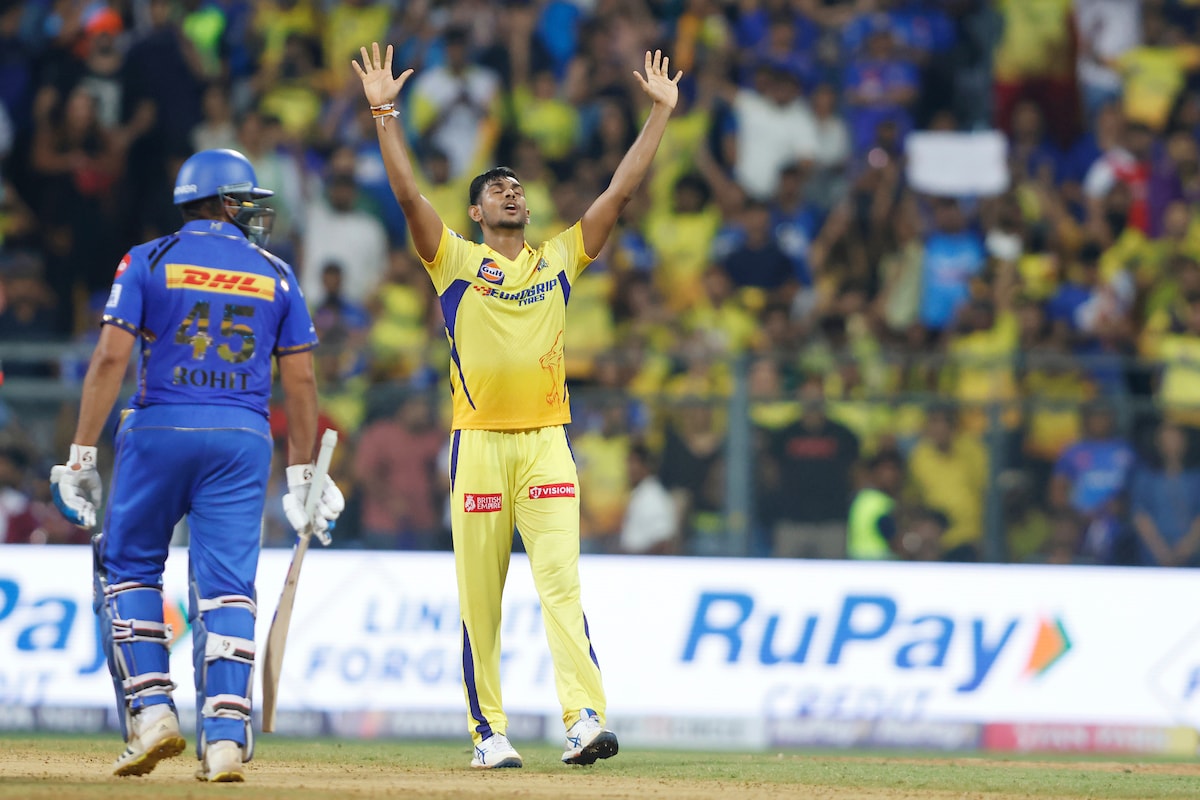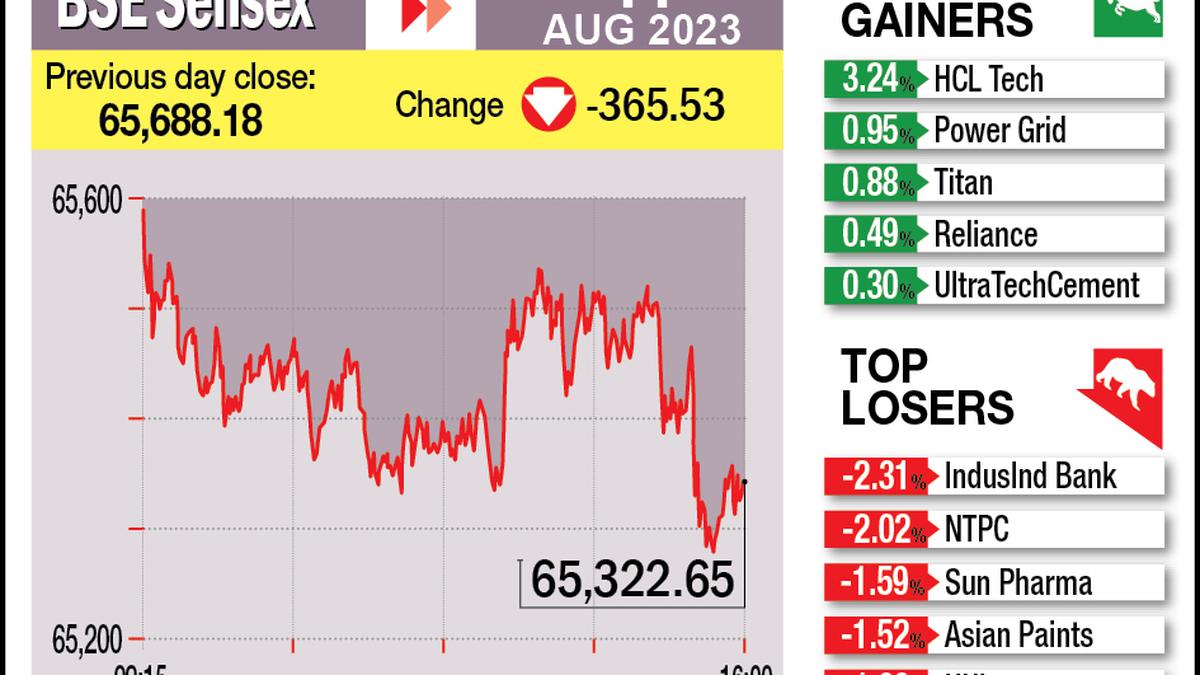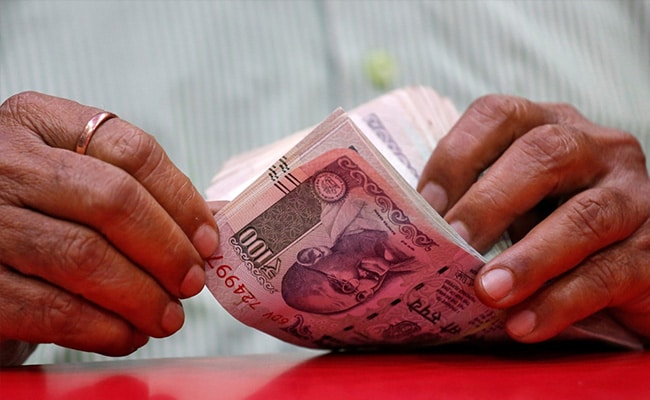Narayanan Vaghul. File image.
| Photo Credit: Bijoy Ghosh
Narayanan Vaghul, the legendary Indian banker and founder-chairman of ICICI Ltd passed away in Chennai on May 18 due to age-related ailments. He was 88.
Mr Vaghul is survived by his wife Mrs Padma Vaghul, children Mohan & Sudha, and grandchildren Sanjay, Kavya, Anuv and Santosh.
Narayanan Vaghul was born in the pre-independence era in 1936 in rural south India. His family moved to Chennai (then Madras) where he studied at the famous Loyola College. Banking was not Mr Vaghul’s first choice as a career. He initially wanted to join the civil services but did not make the cut in his first attempt However, he cleared the examination to enter the newly formed State Bank of India (SBI), which he later remarked, he had attempted as a “practice test.” His father then nudged him to take up the SBI job and he joined the bank in 1955.
He later quit SBI due to intense political pressure. He was described as uncompromising and honest to the core.
At SBI he was introduced to ace banker R.K. Talwar who shaped his life and banking career. After SBI he joined the National Institute of Bank Management where he subsequently became its Director.
At the age of 39 he ascended to great heights when he was offered the position of Executive Director at Central Bank of India. Then he moved on to the Bank of India as its Chairman & Managing Director in 1981. At the age of 44, he was the youngest Chairman of any public sector bank.
Between 1981 and 1985 is when he headed the development bank ICICI Ltd. as its Chairman & CEO. It was under him that ICICI Ltd transformed from a development bank to India’s second largest private sector commercial bank.
He also wrote for The Hindu on economic issues.
A new era of Indian banking
Mr Vaghul is credited with laying the foundation of a new era in Indian banking through the creation of Universal Banking model to cater to the needs of varied segments of customers. It was he who introduced the concept of credit rating in India and established CRISIL in 1987.
He mentored numerous professional who dominated the banking landscape for decades. These include K.V. Kamath, Kalpana Morparia, Shikha Sharma, Renuka Ramnath to name a few. It was he who brought in, and aggressively promoted, gender neutral hiring at ICICI, a practice which was later adopted by the banking sector as well as the corporate sector in general.
During his stint at ICICI many women leaders in banking were elevated who later joined other banks at the helm.
He was honoured with numerous awards including the Padma Bhushan for his contribution to the banking and economy sector of India.
His honesty and principles can be gauged from this excerpt from his book ‘Reflections’ which was released by Union Finance Minister Nirmala Sitharaman in Mumbai, a few months back: “Fairly early in my career, when I was working at SBI, I had gone to the Mumbai train station at around 5 am to receive my wife and two children. They were arriving from Chennai after a difficult journey of well over 36 hours. A ticket examiner asked me to produce the tickets. When my wife did, he remarked that we had a half ticket for my daughter, who according to him, appeared to be older than 12. When I pointed out that she was only 10, he asked me to produce the birth certificate, which he obviously knew I did not have with me.”
“He kept arguing and my wife was getting impatient after the long journey, the porter who was carrying the luggage nudged me to pay Rs 20 to settle the matter. I decided in stead to pay the penalty which was double the fare.”
“I told the ticket examiner that I would collect my refund from the railway by producing the birth certificate. I had to make half a dozen trips to the railway headquarters and ultimately got a refund of around Rs 60.”
“While leaving the office after collecting the cheque, I heard the clearly remarking that this was the first time he had come across a fool who would spend so much money to collect such a small refund when he could have settled the matter on the spot for a small sum. I nevertheless felt a sense of pride in sticking to my principles,”
This is who Mr Vaghul was.










